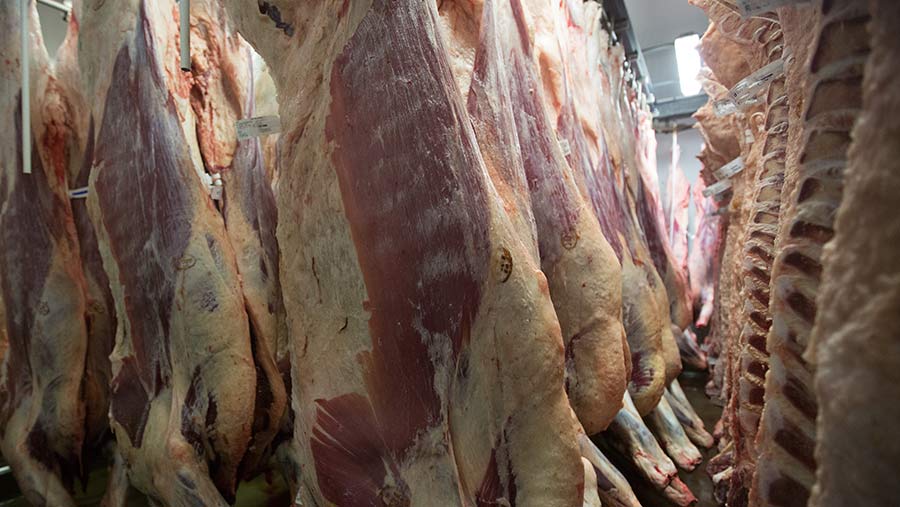FW Opinion: Good times won’t last if supply chain can’t hire
 © Tim Scrivener
© Tim Scrivener It’s been a good week to be the underdog – farmworkers and lorry drivers will surely have more of a spring in their step than their paymasters as they head into the weekend.
As this week’s news section reveals, many farm employers appear to be inadvertently flouting a rule that entitles staff to holiday pay that is the average of the previous 52 weeks worked, including overtime.
This means that there is likely to be a lot of people out there entitled to a big back payment, especially with many staff no doubt doing extra overtime this year to cover vacant positions.
See also: Catchy harvest no excuse to relax safety rules
An extra bill is never welcome for business owners, particularly an unexpected one like this, but it will be a welcome boost for staff who slog away every week doing vital work to look after crops and animals.
For those charged with overseeing a cashflow statement, bills certainly seem to be going up everywhere even as farm income in some sectors is also rising.
Even Arla suppliers have seen a change in fortune for the first time in many months, as the co-operative announced a milk price cut this week, blaming rising costs in other parts of its business.
That will no doubt have given rise to a wry smile among their farmer members as they contemplate what the response would be if they attempted to pass on the impact of the cut to their own feed, fertiliser or fuel suppliers.
Lack of drivers
The cost of keeping lorry drivers on the books is no doubt one of the areas that has grown in the past year for Britain’s biggest milk buyer as they, like the supermarkets, fight for a shrinking pool of drivers with cash incentives.
Supermarkets are also battling to keep shelves full by limiting the amount of choice on offer to the consumer to simplify production for food processors and packers, who are also dangerously low on staff.
Worst of all are the reports of poultry being destroyed, horticultural crops being wasted and pigs going out of spec all for the lack of workers to process, pick or haul them to where they need to be at the right time.
Meanwhile, scarcity has been a boon for the beef and sheep sector, with record prices being reached this year even as these other sectors suffer.
Trade data this week revealed that UK agri-food exports to the EU have now recovered roughly to their pre-Covid-19 levels, while imports from the EU are down by about 10% compared to two years ago.
This has only been partly offset by increases in imports from other parts of the world and this is the sort of prosperity that no doubt many Brexit supporters hopefully voted for.
More roles
They also asked for the right to take back control of our borders, but not necessarily to shut them to staff that are needed from other countries – with reports this week that value is already being lost from beef due to a lack of butchers to fully process all cuts.
To avoid wasting precious food, the government needs to add more roles to the UK Shortage Occupation List and let more employers recruit from overseas again.
Supermarkets may have put their hand in their pocket to keep wheels turning, but the whole supply chain cannot buy their way out of trouble if sufficient skilled staff do not exist in the UK.
Failure to act will leave more UK sectors as underdogs to overseas rivals, where labour is cheaper, rather than shield our sovereignty.

